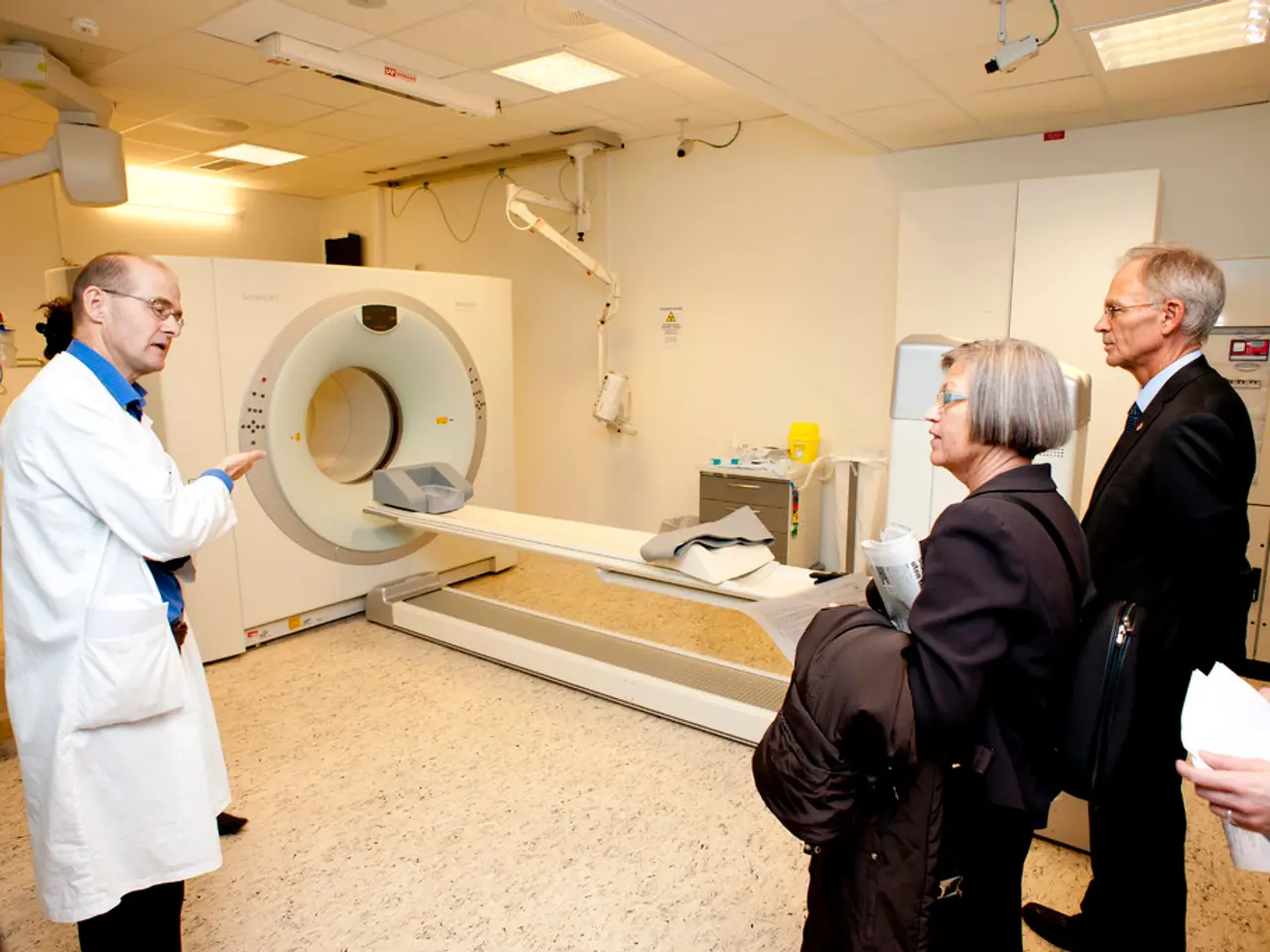The Security of Modern Healthcare Gadgets: An Examination
In the rapidly evolving world of smart health devices, the role of medical device cybersecurity cannot be overstated. As more and more of our healthcare becomes connected, it's essential to ensure that our personal data remains secure and that our physical well-being is protected.
To safeguard personal data, medical devices employ various measures to secure against cyber threats. Robust encryption ensures that patient health information (PHI) is secure, both when stored and transmitted, preventing unauthorized access. Multi-factor authentication further enhances security by requiring multiple verification steps, reducing the risk of unauthorized access due to weak or compromised credentials. Secure data storage, compliant with regulations such as HIPAA and GDPR, is also crucial in protecting sensitive patient information. Regular security audits help identify vulnerabilities and compliance gaps, allowing for timely patches to prevent exploitation.
The protection of physical well-being is equally important. Secure devices prevent tampering, ensuring they operate correctly and maintain patient safety. Cybersecurity measures also prevent disruptions to device operations, which can interfere with critical patient care, such as infusion pumps or patient monitors functioning properly. Preventing unauthorized access also prevents potential harm to patients through acts like disabling medical devices or altering treatment settings.
In the business and regulatory landscape, compliance with regulations like HIPAA helps maintain legal standards and reduces the risk of legal exposure. Robust cybersecurity measures also safeguard a company's reputation and revenue by preventing reputational damage and legal liabilities.
In today's connected healthcare world, awareness is one of the best defenses. Be cautious with unfamiliar third-party accessories or data-sharing platforms when using medical devices. Keeping associated apps and software updated is important for maintaining the security of medical devices. Understanding cybersecurity measures in medical devices helps consumers take charge of both their health and their privacy.
Choosing devices from reputable brands and healthcare providers can help ensure their cybersecurity. In the United States, the Food and Drug Administration (FDA) requires certain medical technologies to meet cybersecurity standards as part of their premarket approval process. Cybersecurity experts also work with manufacturers to identify vulnerabilities and implement protections in medical devices before they reach the market.
Smart medical devices are making healthcare more accessible, responsive, and empowering. However, their safety and security need to be carefully considered. By taking the time to ask questions about how a medical device works and how your data is handled, you can make informed decisions that protect both your personal data and your physical well-being.
- In the discussion of health and wellness, it's worth noting that advancements in technology, such as fitness trackers and smart food scales, are not only making our lives easier but also providing valuable data for scientific research on medical conditions.
- To complement our efforts towards physical fitness and maintaining a balanced diet, understanding the role of science in uncovering medical-conditions could lead to proactive measures and preventive treatments, promoting overall health and wellness.
- As we embrace technology in healthcare, it's equally essential to prioritize the importance of food and fitness in our daily lives, as a well-balanced diet and regular exercise play a critical role in our medical health and overall well-being.




